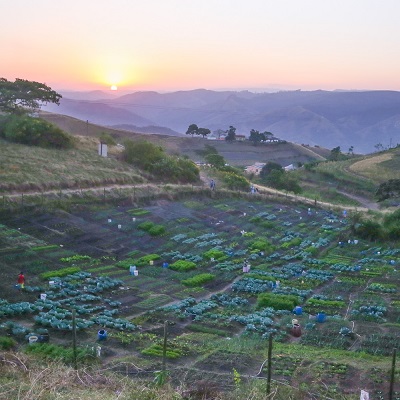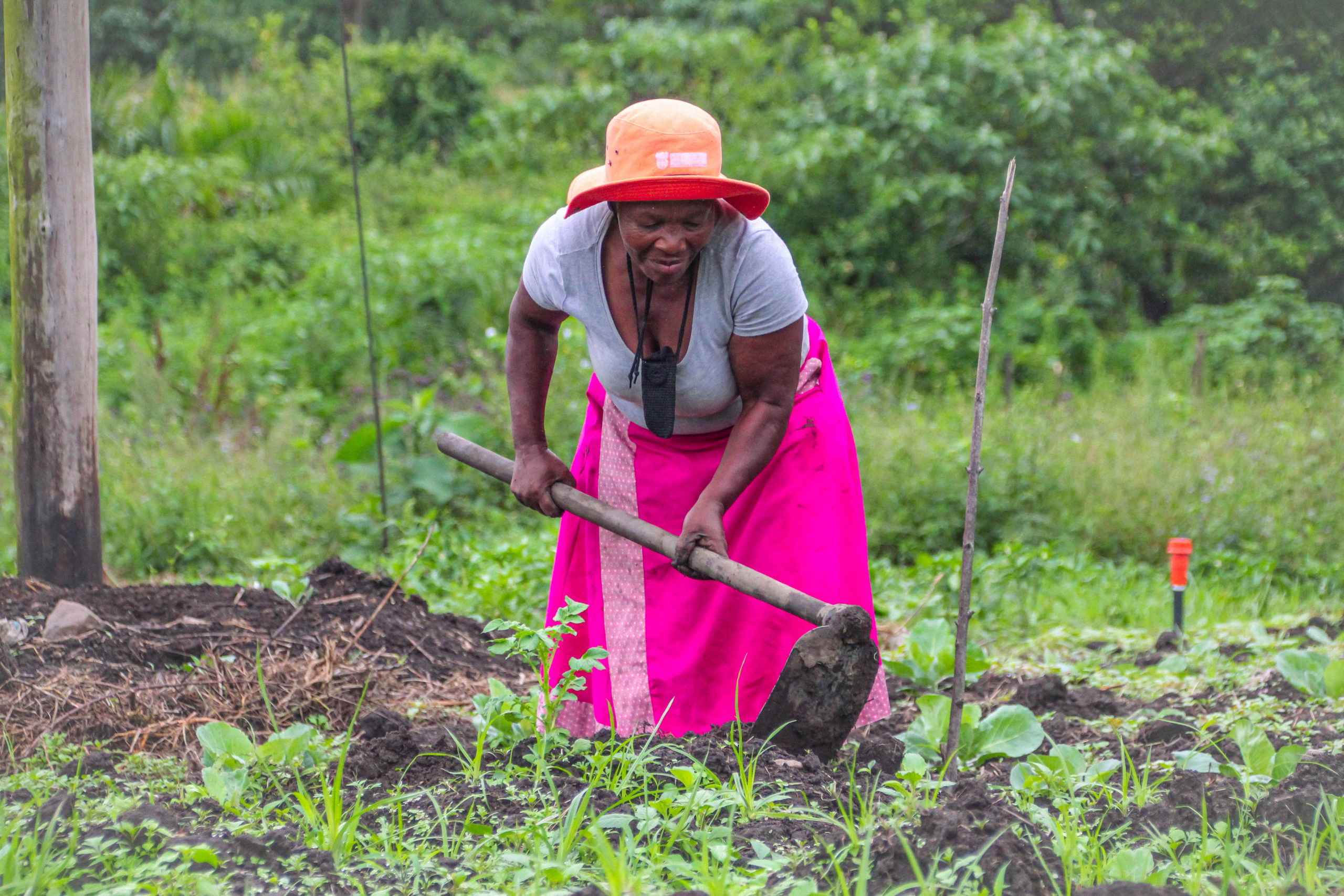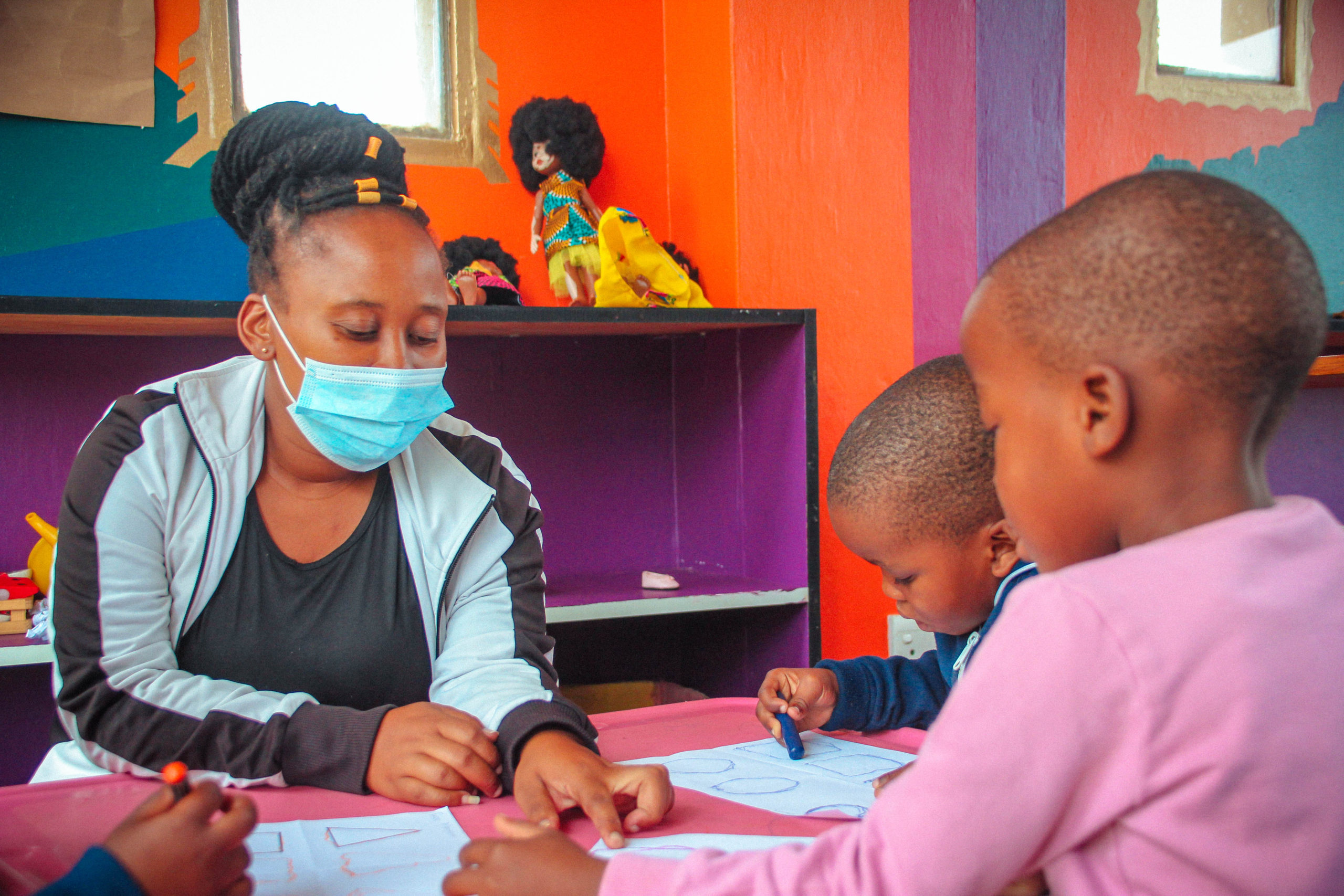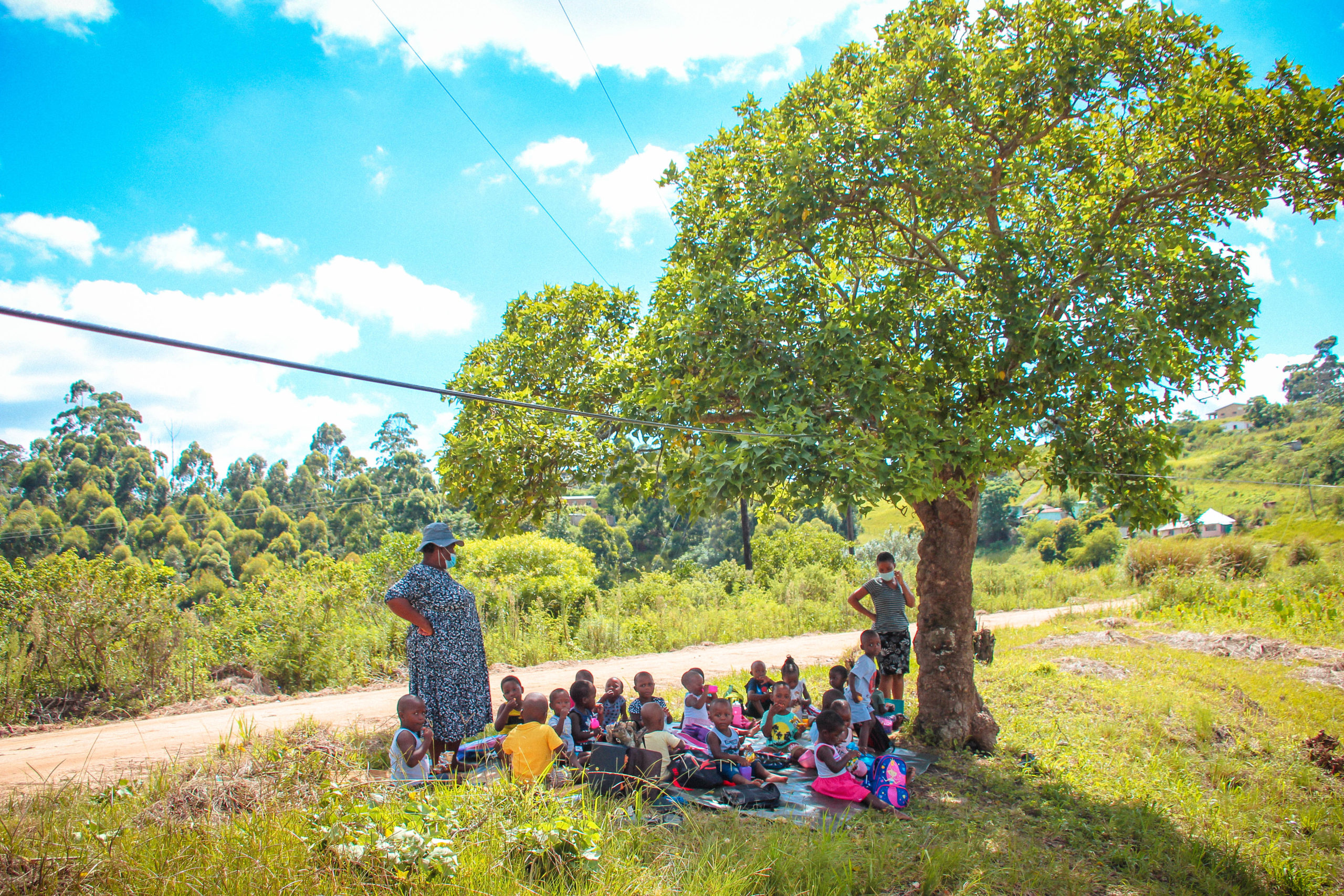“Having more access to food has changed our lives…”
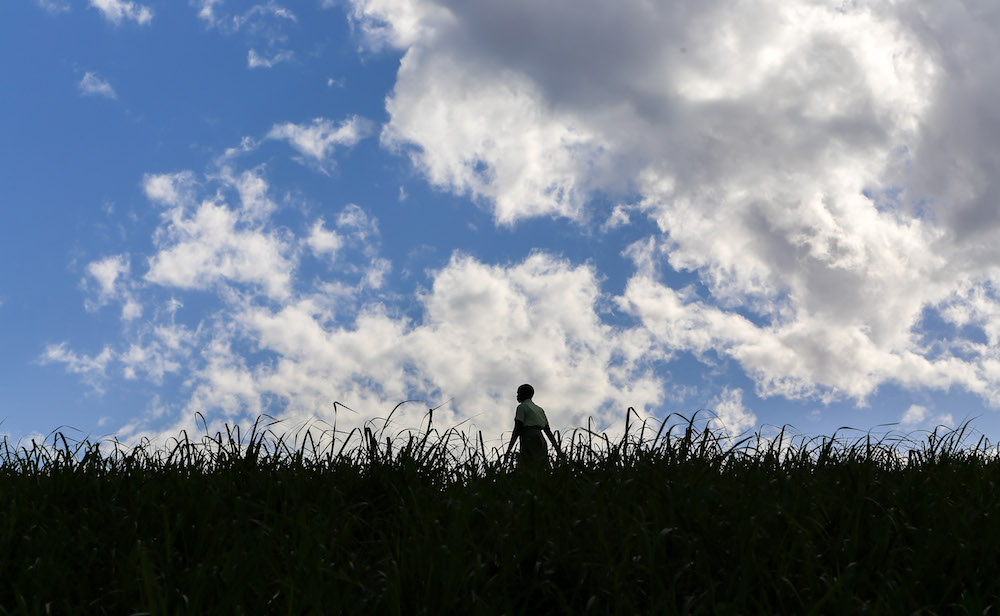
Juxtaposed to everyone’s life in our rural community of Mtwalume is the large-scale farming industry of sugar cane. According to the South African Sugar Association, the sugar industry generates a direct income of R8 billion and approximately one million people, more than 2% of South Africa’s population, depend on the industry for a living. In South Africa, policies and government actions have limited the successes of small-scale farming to very marginal contributions to the greater economy. And yet, although given dominance, the mainstream agricultural supply chains cannot feed everyone. 14 million South Africans do not have access to a regular food supply and 7 million are chronically hungry. Large scale farming, like sugar cane, is squeezing our global food systems and populations at all sides. Compromising factors such as rising populations, the demand for more food, human rights violations of workers, climate change, and land degradation affect our ability to validate the industries and instead, question them. We can therefore question ourselves… What about small-scale farming? What about organic farming? Is it compulsory that small-scale farmers feed themselves and large-scale farmers feed the world?
Through our Organic Farming Programme we aim to demonstrate that small-scale farming can provide a solution to a challenging socio-economic problem currently facing South Africa: how can the large number of rural residents be assisted in establishing viable rural livelihoods? Our Organic Farming Programme just concluded its third year of operations. Working with 17 total farms, it provides 249 small-scale farmers with access to essential infrastructure and an opportunity to gain practical organic farming knowledge, while generating an income and providing food for their families and community. We estimate that this directly impacts 1,863 people in farmers’ households and hundreds, if not thousands, of community members who are given or purchase produce from farmers.
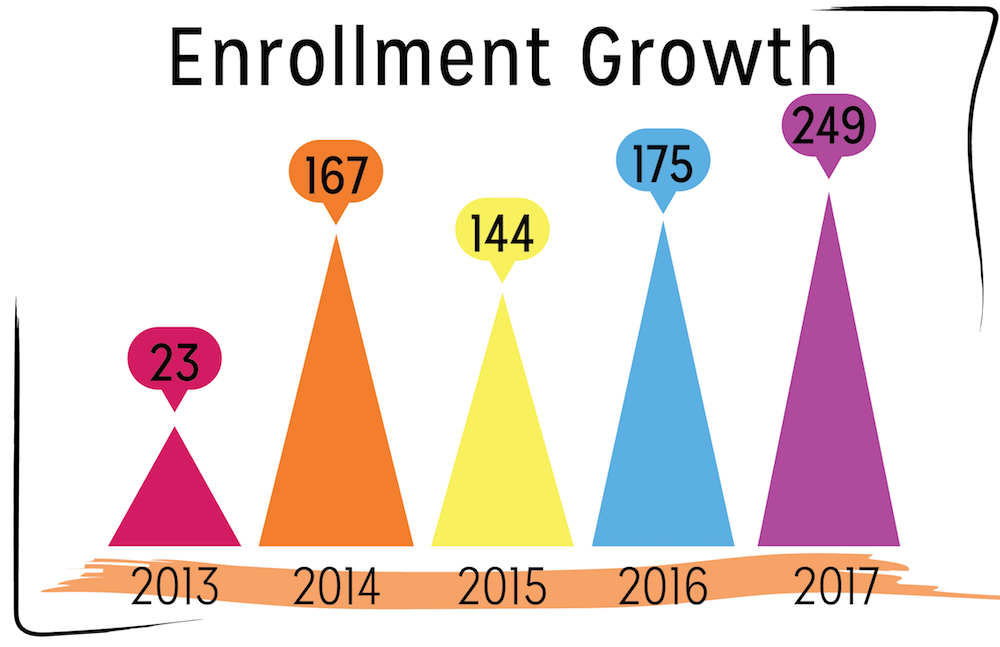
So, how do we do it and how has it changed our 249 farmers’ lives?
Providing infrastructural support
All of our farms are independent, and community supported farms. To begin, we provide farms with the appropriate infrastructure such as fencing and an irrigation system. These are essential in preventing crop devastation from lack of water or roaming animals. Infrastructural equipment is expensive, especially for micro-farmers in our community who do not have the capital to invest these systems. Thuli from Phakamani farm said, “Thanda has helped by giving us seeds to plant, pipes, engine and a tank to water our plants. In that way we are very fortunate because we don’t have money to buy all this equipment.”
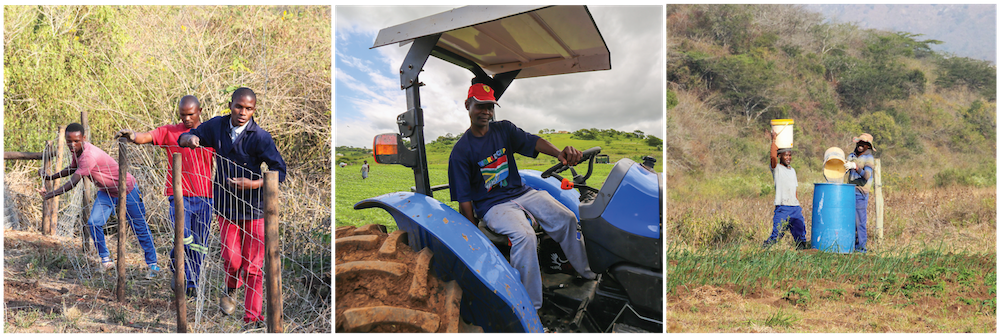
In particular, the irrigation systems have made a substantial impact on the lives and working conditions of the farmers. Before the introduction of the irrigation systems, farmers would often have to carry buckets of water from nearby rivers to their farms and the same can be noted with a tractor eliminated the grueling act of manual ploughing. Nearly 60% of our community collects their water from the river and as many of our farmers are elderly – 17% are over the age of 65 and 77% are between the ages of 36 and 64 – carrying water back and forth can be a “heavy” burden.
The burden of constantly carrying water from local water sources to the farms may seem trivial, given the plethora of bigger challenges in the community; however, the eradication of “smaller” burdens can make a world of difference to the lives of the micro-farmer. It means more time spent on actually tending to the crops, and very importantly, more time spent with their children and grandchildren.
Equipping farmers with knowledge through training and mentoring
Since the inception of the programme in 2015, the quality and frequency of the mentoring and training provided to farmers has been a vital component of the programme’s success. In 2017 for example, mentors gave 2635 hours in mentorship to farmers, which is approximately 41 hours of mentoring per mentor per month. This continued mentorship has ensured that farmers receive the appropriate amount of support, when needed, which has contributed significantly to the scaling-up of individual production and profit over the course of 2017.
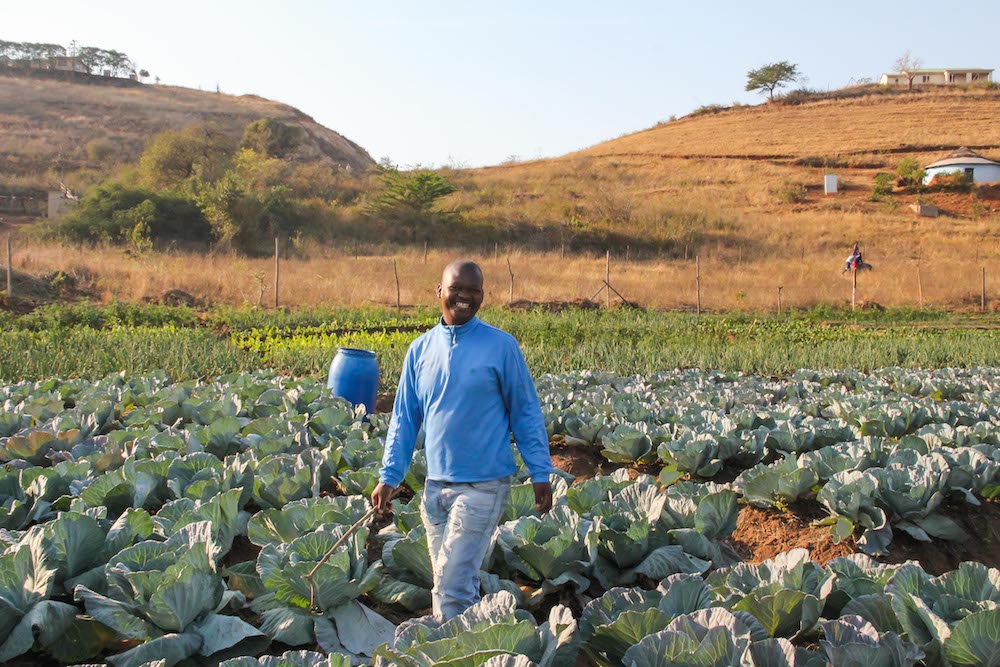
Several micro-farmers have commented on their mentor’s impact including Zibuyile who stated that, “Though I knew how to plant before an advisor (mentor) from Thanda came, he showed us how to plant not using fertilizers and told us this is the healthiest way to produce good vegetables.” She also gave her thanks to her mentor, Mdex, “He (Mdex) is very patient with us and is also very active in the garden. When you are struggling, he is able to take a hoe and help make work go faster. Mdex is a good advisor, young as he is, he can advise you like an older person. He is dedicated in helping us.” By ensure that farmers receive the individual attention they need to thrive, we are ensuring the long-term sustainability of this project.
Strengthening self-reliance
Strengthening self-reliance among cash-dependent communities and building a sustainable local economy is a fundamental objective of this programme. In this regard, our farmers have made significant strides increasing their cash earnings from 2016 to 2017 significantly. The average value of production per farmer increased by 43% from R1535 per farmer in 2016 to R2196 in 2017.
What training and mentoring achieves is exemplified in Farmers’ increased self-esteem and therefore better self-reliance. They are becoming independent in critical thinking strategic planning skills by deciding how best to sell their produce. One indication of this is that while we do offer farmers the option to sell their produce back to us, they are choosing to sell their produce to the local community and shops.
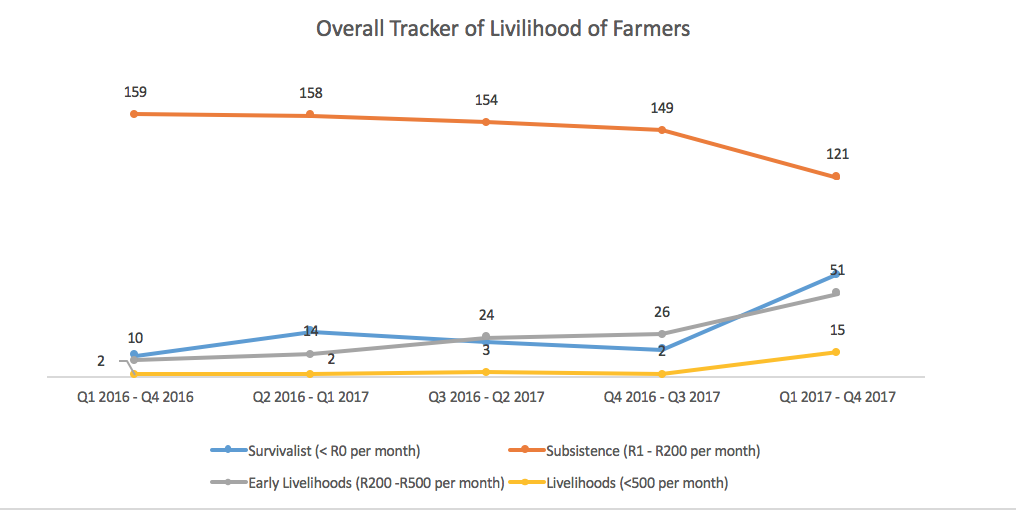
One way we measure the progress of farmers is by using the farmers livelihood scale. Our community has an employment rate of 11% and an average income of R225 (about $15.91) per month. Therefore, the need to create a steady monthly income is urgent. This scale categorises farmers into groups based on the average profit earned over a calendar year. The number of farmers at the Livelihood level (earning more than R500 per month) and Early Livelihood level (earning between R200-R500 per month) has risen to their highest levels to-date. Combined, these categories now represent 26% of all farmers in our programme. In other words, one-fourth of all farmers are earning a minimum of R200 per month, which, while still modest, is cash-income these farmers would arguably not have otherwise.
Self-reliance begins and ends at the farming household. Once a household becomes self-sufficient, it spreads to the community, local area and then the larger regional area. In terms of impact, its nearly immeasurable.
- Reducing food insecurity and malnutrition
Closely tied to issues of self-reliance is the issue of food security and malnutrition among community members. Proudly, 2017 was Thanda’s most productive farming year to date. Overall, production value (consisting of produce that was sold, consumed or given away) increased by 82% – from R298 744 in 2016 to R544 591 in 2017. A wide range of vegetables were planted with vegetables such as cabbage, sugar beans, spinach, onions, beetroots and carrots being the most ubiquitous. In total, of all vegetables reaped, farmers consumed or gave away one-third of all produce. Notably, farmers gave away 11% (R59,724 worth of vegetables) to local community members last year. The large quantities of vegetables (147% increase from 2016) given away has contributed to reducing food insecurity and malnutrition in the greater community. It is also a strong indication of the community-driven attitudes of farmers – attitudes that align to the principles of Ubuntu and are at the heart of our agriculture programme.
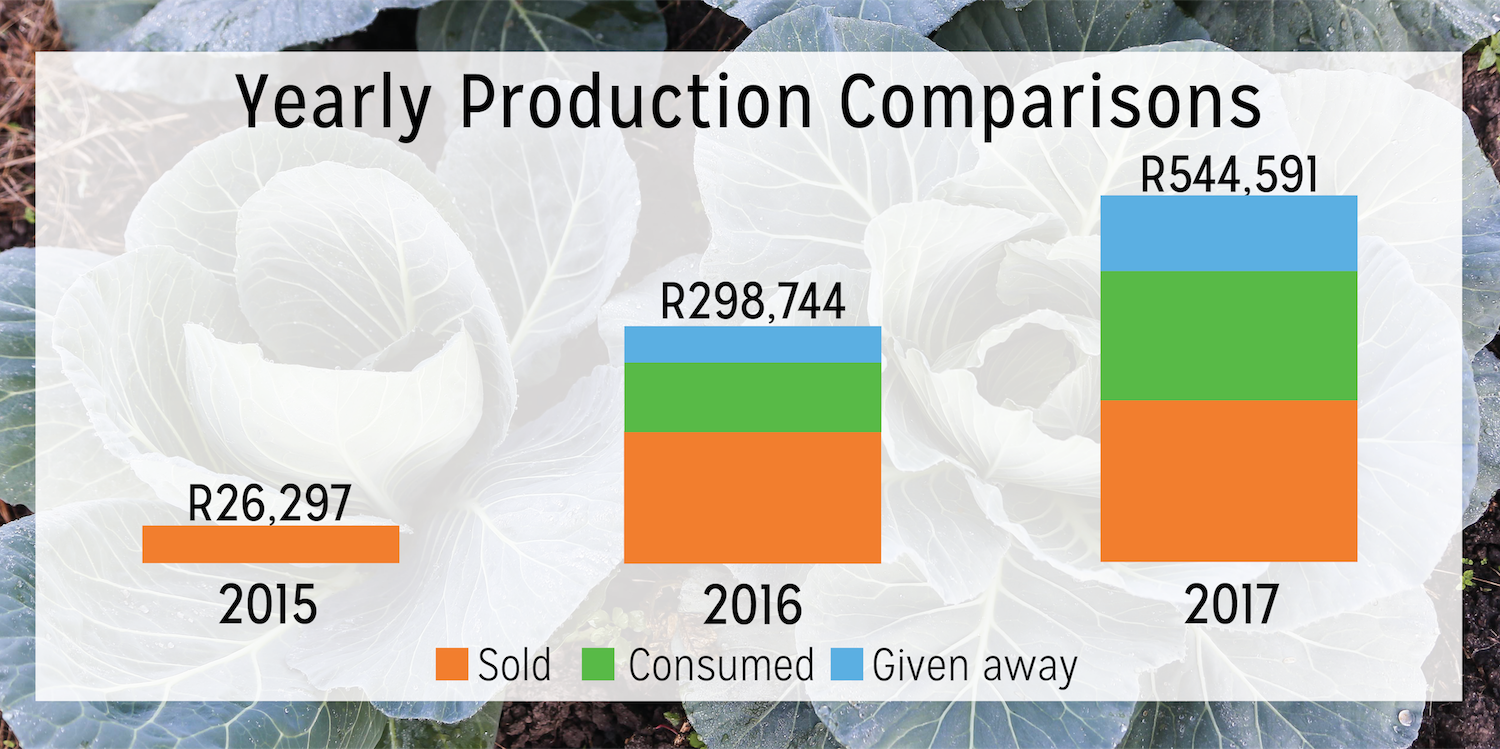
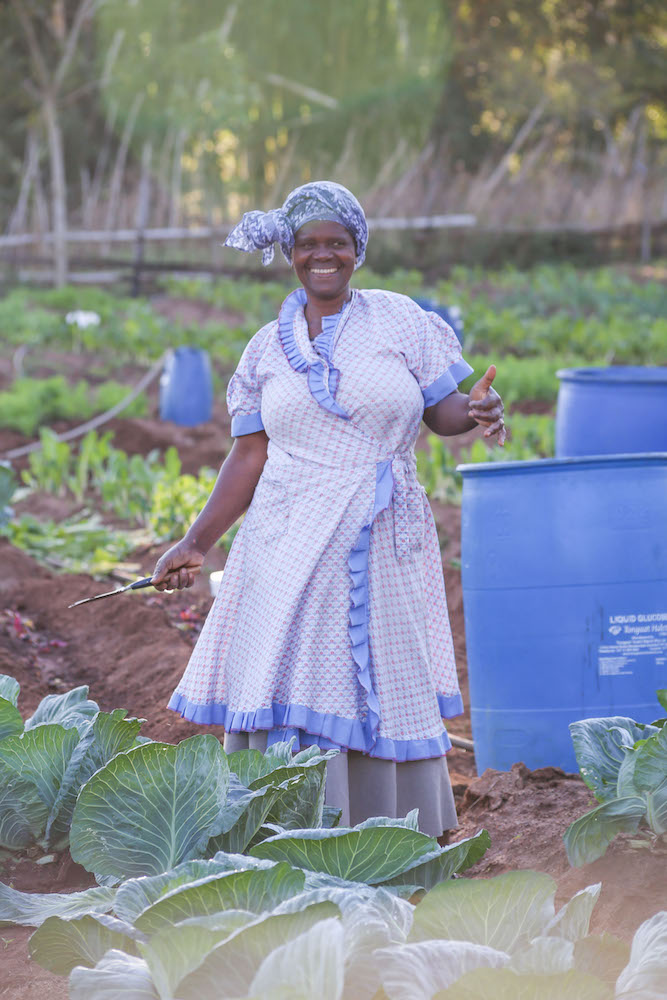
Farmers often speak about the impact of Thanda in reducing food insecurity. For example, Bawinilefrom Mswilili farm said that “Having more access to food has changed our lives at home. We don’t buy from shops and in that way, we save money. We also eat fresh vegetables which is good for our bodies”. Farmers not only save money by eating their own produce but are also profiting from the sale of vegetables. Zibuyile of Thembabantu farm said, “Thanda helped us in our family because we now have something to eat without going to the shops. We also sell our vegetables and earn money. We are then able to buy things for our home.”
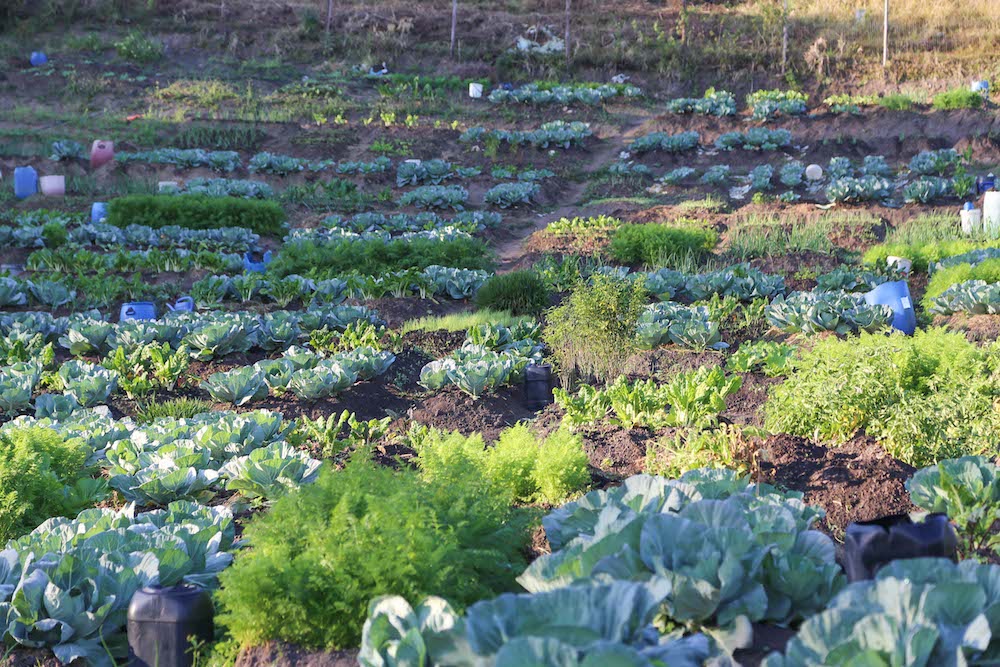
Looking back at 2017’s impact and successes, we are feeling reflective on how farming in our community has become a way of life, rather than the commercial ambition that surrounds us. As far as my eyes can see are rolling hills with a maze of sugar cane rows. The smoke-filled sky litters burnt sugar cane onto the ground as the sun descends into the horizon. Just in font of me, a woman walks home with her children carrying a bucket of vegetables for tonight’s dinner. She is pleased because her farm is successfully reaping cabbage, carrots, spinach, onions, and beetroot. Her daughter skips ahead turning back to me one last time to strike a pose, “shoot me!” she exclaims. I press the shutter, laughing.


